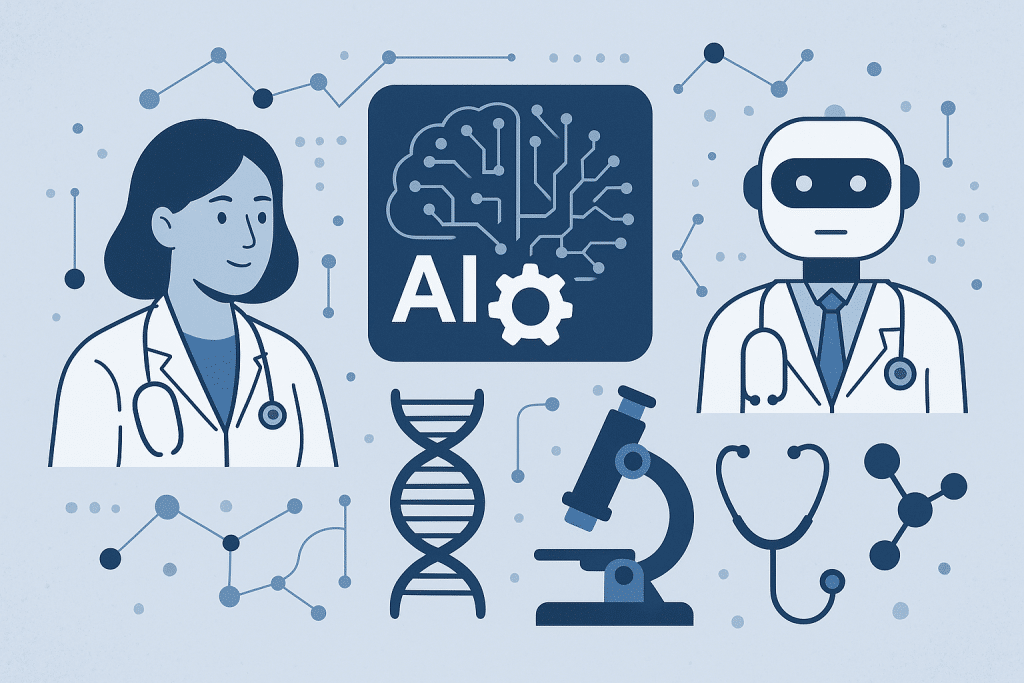Artificial intelligence is reshaping healthcare—from diagnostics and treatment personalization to operational efficiency and data-driven decision making. Organizations worldwide are partnering with specialist companies to turn data into action, integrate machine learning, and build smarter clinical platforms. Below are seven leading AI healthcare companies making an impact across care delivery, research, and systems.
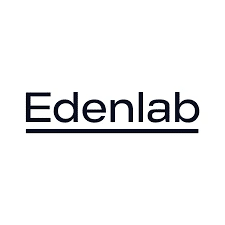
1. Edenlab
Edenlab is a software and product development company that focuses on the healthcare ecosystem: data interoperability, clinical analytics, platform development, FHIR-based infrastructure, and machine-learning support systems. They collaborate with providers, payers, vendors, and government agencies to transform legacy systems and build next-generation solutions. As specialists in custom ai solutions for healthcare, Edenlab creates decision-support engines, predictive analytics platforms, conversational agents, chatbots, workflow automation, and AI/ML modules that integrate with EHRs, registries, and clinical data sources.
Their work is designed to fit real workflow contexts—triggering clinical actions, updating records, and embedding into operational systems instead of being standalone proof-of-concepts. Their healthcare AI focus includes diagnostics, predictive modeling, care-path optimization, and large-scale data platforms supporting millions of patient records and high-volume transaction systems. The company’s experience with high-load architectures, FHIR standards, analytics, and AI integration makes them a trusted partner for health-tech innovators and large systems alike.
2. Tempus AI
Tempus AI, founded in the U.S., uses artificial intelligence and extensive data to power precision medicine. It aggregates molecular, clinical, imaging, and real-world data to support oncology, cardiology, and other specialties. Their AI models assist clinicians in treatment decisions, patient stratification, and predictive insights. By leveraging large data sets and machine learning, Tempus helps streamline diagnostic pipelines, customize therapies, and accelerate drug development.

3. PathAI
PathAI is focused on applying deep learning to pathology and diagnostic analytics. Their platform analyzes histology slides, tissue images, and clinical data to improve pathology workflows, biomarker discovery, and diagnostic consistency. Their AI solutions help identify cancer, quantify tissue features, and provide insights for clinical trials, thereby enhancing diagnostic precision and supporting pharmaceutical research.
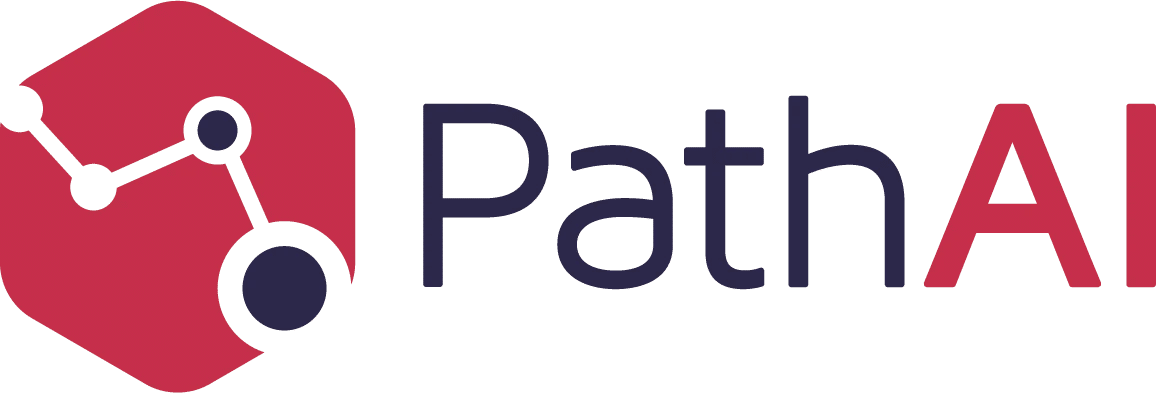
4. Aidoc
Aidoc offers AI-powered medical imaging solutions designed to help radiologists and clinicians identify acute and critical conditions via automated scanning of imaging data. Their algorithms flag urgent cases such as intracranial hemorrhages or pulmonary embolisms, integrate into PACS systems, and accelerate diagnosis through AI triage. Their focus is on improving patient outcomes and workflow efficiency for high-volume imaging environments.
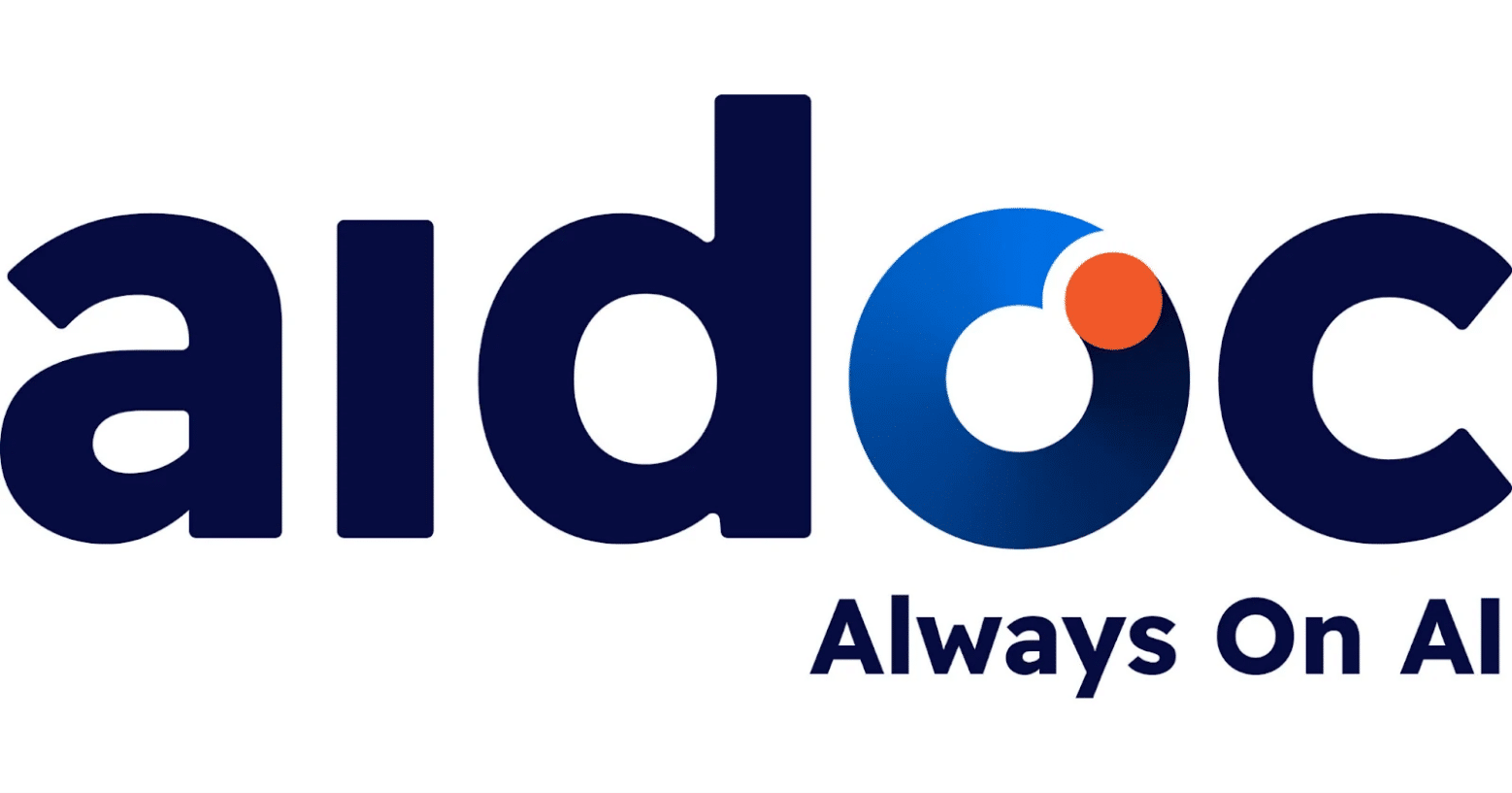
5. Zebra Medical Vision
Zebra Medical Vision uses deep learning across medical imaging to detect early signs of disease—from osteoporosis and cardiovascular conditions to liver disease and more. Their AI platform automates scan interpretation and supports radiologists and providers in early detection, especially in regions with limited medical resources. Their scalable algorithms enable healthcare systems to elevate diagnostic capability and broaden access.
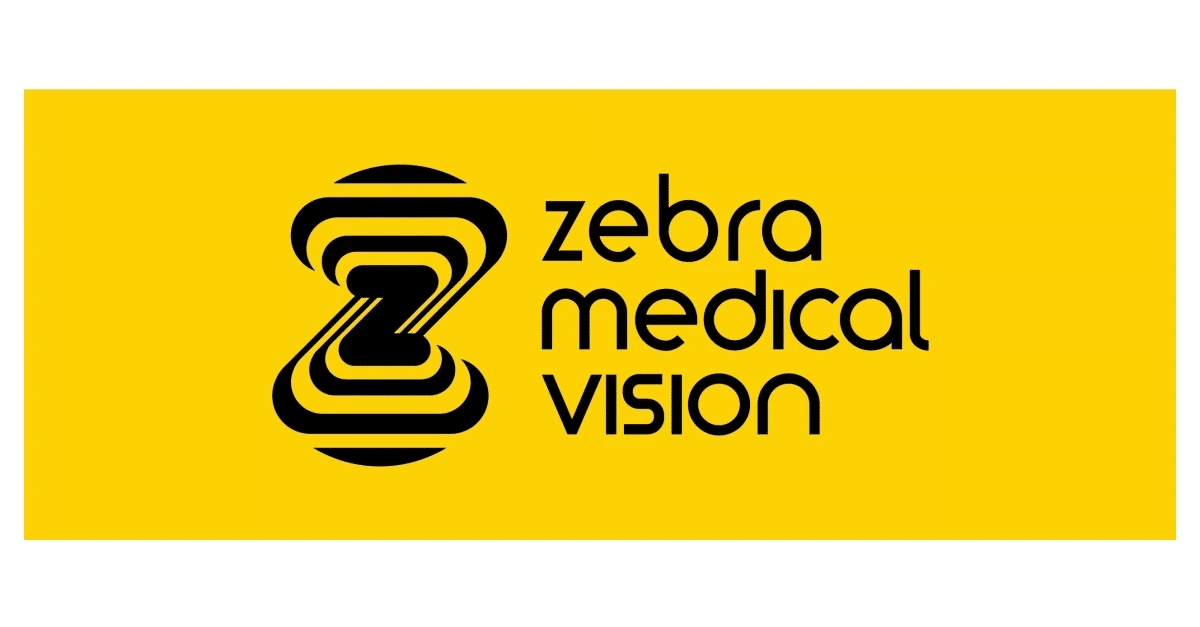
6. Freenome
Freenome combines AI with multi-omics and molecular biology to detect cancer early using non-invasive blood tests. Their machine-learning models analyze proteomic, genomic, and epigenetic information to identify markers of early-stage disease. By integrating complex biological data with AI analytics, Freenome is pioneering preventative medicine and expanding the reach of early diagnostics via AI-driven insights.

7. Biofourmis
Biofourmis specializes in digital therapeutics and AI-enabled remote monitoring for chronic conditions. Their platform uses wearable sensors, machine‐learning algorithms, and predictive analytics to detect health deterioration, support adaptive care, and reduce hospital readmissions. With a focus on heart failure, respiratory disease, and oncology, Biofourmis enables proactive care models and AI-driven operational savings.

Conclusion
The potential of AI in healthcare is immense. From diagnostics and clinical decision support to remote monitoring and precision therapeutics, artificial intelligence is becoming deeply embedded in health systems of the future. The companies profiled above represent leading edge innovation—they bring together domain expertise, scalable data platforms, and AI-driven workflows to transform care delivery and research.
Among them, Edenlab stands out for its comprehensive approach to building custom ai solutions for healthcare, delivering end-to-end platforms that integrate data, analytics, and machine learning into real clinical workflows. For organizations aiming to harness AI in health care—be it through diagnostics, care delivery, or system optimization—selecting the right partner is critical. These companies offer the capabilities, vision, and technical execution to power the next generation of healthcare innovation.
